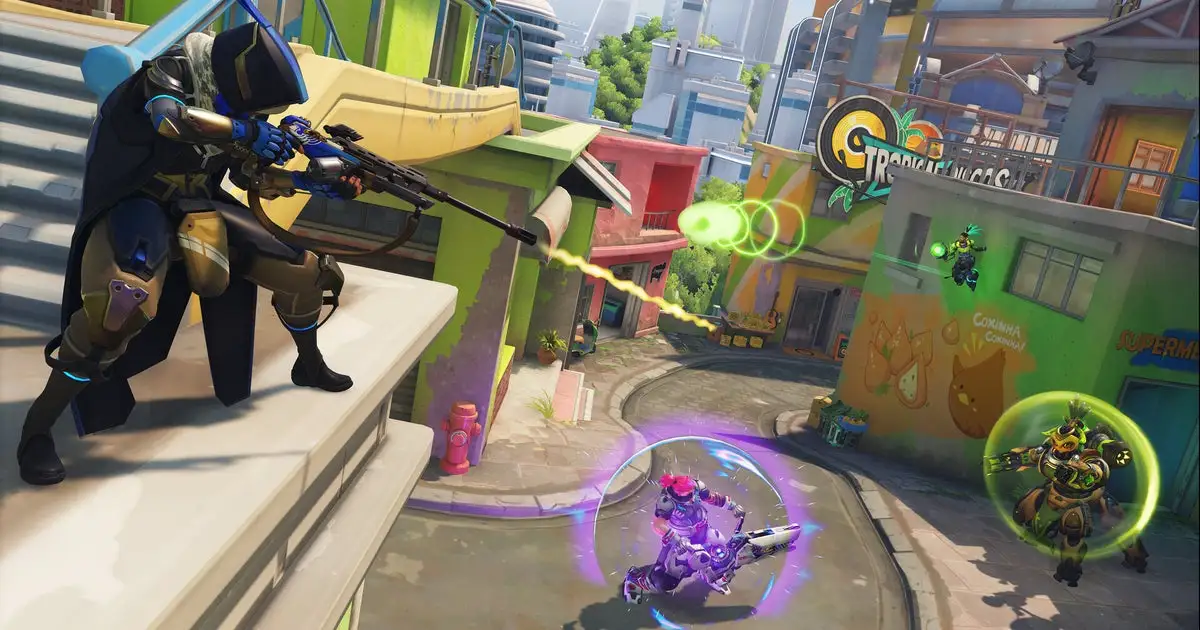I don't think they're the same thing but get muddle to seem that way on purpose.
Review bombing is when a game gets poorly rated for something, mostly completely unrelated to the game, but due to something surrounding it - be that a publisher decision like deciding to ban and not give Blitzchung his prize money for saying support Hong Kong, or some perceived language/political/regional slights like with Nier Automata. Tons of examples out here in this category, where legitimately good games are being affected by somewhat legitimate but not relevant reasons.
Overwatch 2 being poorly rated on Steam isn't review bombing. It's gamers saying how shit the game is, like the false promises for Cyberpunk 2077, the addition of denuovo to games, or horrendously egregious microtransactions added to games, like with horse armor or the entirety of everything thst happened leading up to Star Wars Battlefront II (the second). These may be legitimately good games severely affected by terrible decisions from the developers, publishers, or marketing team.
I understand why the latter is so easily mixed up with the former, but it's something that happens as users and media outlets erode the meaning of these words. It's disingenuous to say that something is review-bombed when it's poorly rated for legitimate reasons but as you said it's something that is now interpreted that way.
There's also something to be said about Valve's internal metric for review bombing which is the increased number of reviews leaning in a particular direction due to some external force. For example, Assassins Creed Unity being given for free led to positive reviews but was excluded from being counted as a review bombing, compared to something negative like being completely unable to leave reviews at all on the Epic Games store, leading players to leave reviews on Steam



